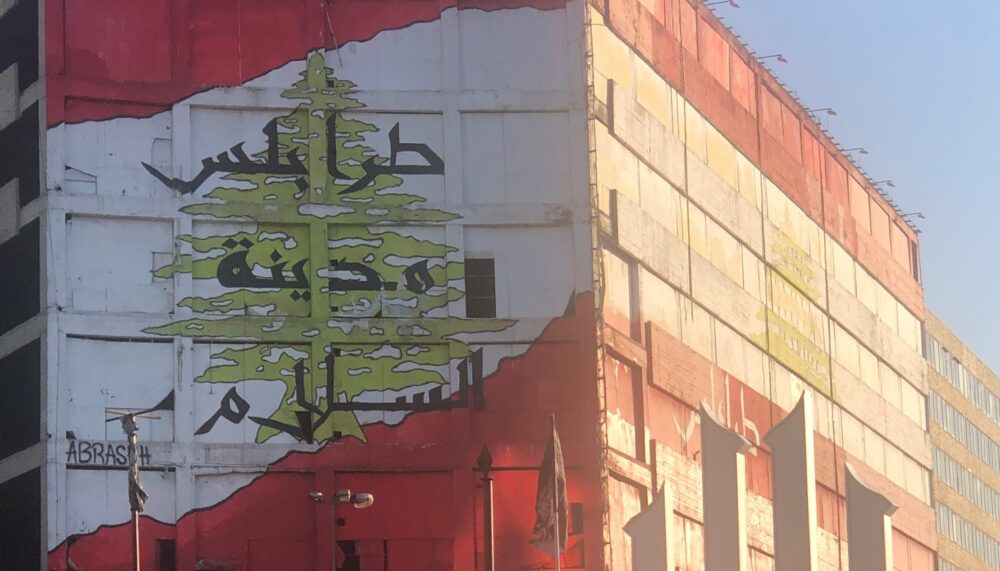FEATURE | 22 Dec 2022
Violent extremism cannot be countered by governments alone
Results from our PAVE research project

The international research project PAVE launches policy recommendations for governments, civil society leaders, and international policy makers on 7 countries.
Violent extremism – in all its forms – remains a challenge for societies around the world. Communities and governments have been working relentlessly on addressing its causes and mitigating its effects on different levels, from local-level initiatives to state-based, regional or transnational programmes.

In contrast to security-focused research on preventing and countering violent extremism (commonly abbreviated as PVE and CVE), PAVE focuses on socio-political interactions between local government institutions, religious actors and civil society, both within local communities and between different communities within a country or region.
Within the PAVE project, a consortium of 13 partner organisations led by the Berghof Foundation conducted multi-stakeholder and collaborative research in seven countries of the Western Balkans and the MENA region. Together with our colleagues, we examined the root causes of violent extremism. We studied the role of various actors within the respective society in fuelling, resisting or preventing violent extremism in their communities.
Beyond research
But the PAVE project goes beyond research: On the basis of our research findings, PAVE partners are currently developing training tools and guidelines to support those who foster resilience against radicalisation within their communities, such as religious leaders, civil servants, civil society organisations, and women or youth groups.
We also produced seven policy briefs issuing recommendations to policy-makers in each of the countries we investigated: Bosnia and Herzegovina, Kosovo, North Macedonia, and Serbia as well as Iraq, Lebanon, and Tunisia. Each policy brief summarises the country-specific methodology and findings, and presents targeted recommendations on improving the effectiveness and relevance of PVE strategies by the respective governments, international actors and civil society organisations.
One of the recurring themes we identified is that of cumulative extremisms, whereby certain ethnic, religious or political groups become radicalised in reaction to extremist discourses and behaviour by antagonistic groups, fuelling a spiral of reciprocal polarisation and violence. The policy briefs recommend that governments support further research on this phenomenon and propose a range of interventions directly targeting cumulative patterns of extremism, for example by initiating dialogue formats between religious communities, or by issuing policy changes in fields like education.
The lack of cooperation and coordination between different actors and institutions hampers communities in building resilience against violent extremism.
Breaking up “silos”
PAVE research also found that government-led PVE and CVE policies cannot be effective if they are designed and implemented “in silos”, isolated from relevant societal actors, such as religious institutions. The lack of cooperation and coordination between different actors and institutions hampers communities in building resilience against violent extremism.
Furthermore, we identified that much too often, national strategies are not aligned with local needs that diverge between different regions and communities within one country. Such tensions can be amplified if external actors, such as foreign governments, get involved by designing their own policies that are based on insufficient contextual knowledge.
We therefore call on the international community to support PVE initiatives and platforms that bring together a wide variety of national and local actors across government levels, religious institutions, and civil society to work together to support community inclusion and resilience against violent extremism.
At the local level, civil society organisations are often uniquely positioned to foster inter-sector cooperation between municipal authorities, security services, educational and cultural institutions, media outlets, religious leaders, and grassroots organisations. Governments and international agencies need to respond to local needs by supporting bottom-up prevention approaches fostering dialogue within and between different societal groups, as well as social cohesion and tolerance.
Governments and international agencies need to respond to local needs by supporting bottom-up prevention approaches fostering dialogue within and between different societal groups .
After over two years of research and analysis within the PAVE consortium, we are convinced that a common political strategy including all parts of society is needed to address the complex problem of violent extremism. With its policy recommendations addressed at government, civil society and international actors that are tailored to each research country, PAVE contributes to the search for comprehensive PVE strategies that are responsive to local needs, and thereby contribute to building vibrant, proactive and resilient communities.
Read more about PAVE project here or download the policy briefs on Bosnia and Herzegovina, Kosovo, and North Macedonia, as well as Iraq, Lebanon, and Tunisia (policy brief Serbia forthcoming).
Media contact
You can reach the press team at:
+49 (0) 177 7052758
email hidden; JavaScript is required


